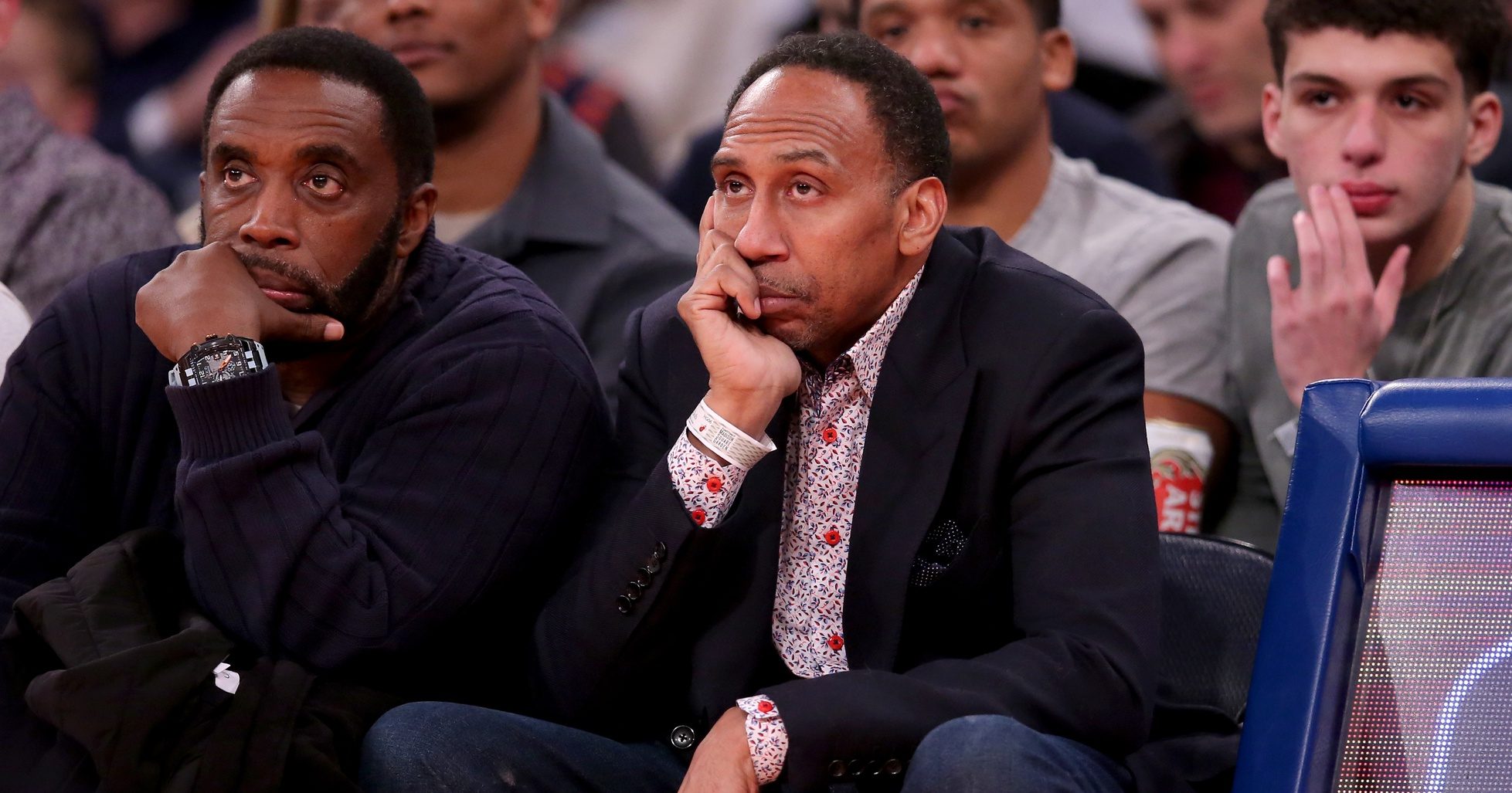For too long citizens of cities with professional sports teams have had to pay to fund stadiums they may have zero interest in ever stepping foot in. If an owner wanted a luxurious new stadium all they had to do was threaten to leave for Los Angeles or another city and put the pressure on the city to chip in, which meant taxing the residents. Those days could be coming to an end, a panel of experts at a recent sports law symposium suggested.
“The one thing about stadium development that’s interesting, is that it has to be looked at on a case-by-case basis,” said Irwin Raij, the co-chair of the sports industry team at Foley & Lardner LLP, at last week’s University of Pennsylvania Sports Law Symposium. “There are incredible successful public-private partnerships.”
One moderator on the panel, Temple law professor Ken Jacobson, singled out three recent stadium deals that could tip the scales away from the city funding strategies major sports franchises have come to rely on; Detroit committing $200 million to a new hockey arena despite being bankrupt, Atlanta’s new baseball stadium despite teacher layoffs, and the Miami Marlins reducing payroll right after receiving public financing to build that monstrosity they call a baseball stadium on top of what was once considered hallowed grounds in college football circles.
Where teams can generate some good will by making public funding worth the investment and taxes is by using a stadium to spark development and ignite the local economy. The best stadiums that are constructed today have great commercial opportunities around them that build off the local flavor and identity of the city. When a team wants to be a part of the community, they can help make the rising costs to the city worth the investment.
“Where cities get themselves into trouble is when they believe a stadium is going to save their city,” said Andrew Altman, a leader in the planning effort for the 2012 Olympics in London. “Fundamentally, it has to be a be a bigger part of what the city is doing.”
This is where Raji blasted the Marlins for their baseball stadium.
“In Miami, they made no effort to create a district of development around it to take advantage of the infrastructure that they just put there.”
Stadiums are huge investments, and people want to go to have a good time and enjoy their surroundings before, during and after the game. If the citizens are going to pay whatever percentage of the costs to build the stadium, they should at least be able to expect they will get that in return. If not, the chances the city votes in favor of supporting another stadium project will fade away.
[Law360]






